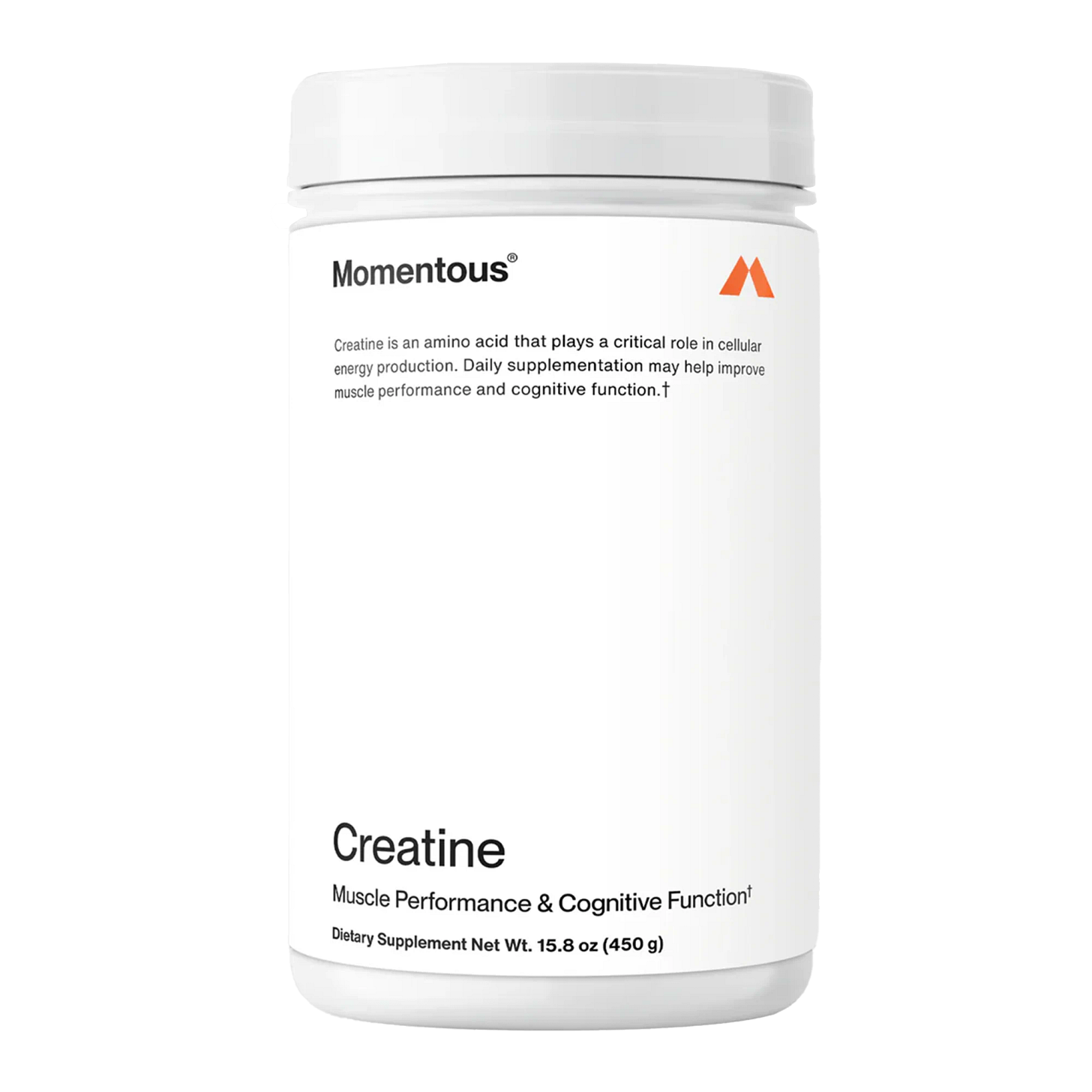Neuro Athletics is a 2 x weekly newsletter that breaks down the medical and scientific practises that you need to perform at your peak. Subscribers include professional athletes, athletic trainers, coaches and casual fans. So if you are not already a subscriber, sign up and join 67,000+ others who receive it directly in their inbox each week — it’s free.
Learn to perform at your peak.
Today at a Glance:
Early Detection: Identifying cognitive decline signs early can lead to more effective intervention and potentially slow progression.
Warning Signs: Six specific indicators that might signal cognitive decline, including memory lapses, difficulty in problem-solving, and changes in mood or behavior.
Emotional Impact: The emotional toll of cognitive decline on individuals and their loved ones, emphasizing the importance of awareness and proactive care.
Professional Insight: Expert perspective as a neurophysiologist specializing in Alzheimer's, offering both scientific and personal insights.
Call to Action: Encouraging immediate steps to assess and address cognitive health before it's too late.
Today’s Newsletter Is Brought To You By Momentous
I've incorporated Momentous Creatine into my daily regimen to boost brain function, enhance muscle strength, and support overall well-being.
One of the biggest benefits of creatine is its ability to support cognitive health and reduce the risk of age-related cognitive decline. Starting around the age of 40, individuals may begin to experience a gradual decline in cognitive abilities, impacting memory and mental sharpness.
By supplementing with creatine, you can support brain function, improve mental clarity, and maintain cognitive health as you age.
The best part?
Momentous has by far the most rigorous commitment to quality, demonstrated by expert partnerships and strict third-party testing, making their products a reliable choice upheld by top athletes and health professionals.
Code: NEURO for 20% off
Neuro Athletes,
In today's political climate, where funding for Alzheimer's research is often caught in bureaucratic red tape, we are faced with a profound truth: the current strategies to combat this disease are failing.
Alzheimer's is marked by the buildup of abnormal amyloid proteins, yet therapies aimed at reducing these have not yielded the cognitive benefits we desperately need. It’s time to challenge the status quo and embrace a new approach, one that targets the underlying issues of impaired brain energy metabolism and mitochondrial dysfunction.
As a neurophysiologist dedicated to Alzheimer’s research, I see this as not just a scientific challenge, but a moral imperative. We must act now, combining multiple compounds to reduce oxidative injury and take a stand against this relentless disease. This isn’t just about science—it’s about fighting for the future of millions.
It's a slow, insidious process, often creeping up on us without warning until it's too late to reverse.
But it doesn’t have to be that way.
By recognizing the early signs, you can take proactive steps to protect your brain health and potentially halt the progression of decline.
Let’s get into it….
1. Memory Lapses and Forgetfulness
Forgetting names or recent events frequently.
Struggling to recall what you just read or watched.
This is often the first noticeable sign. While everyone forgets things occasionally, frequent lapses could indicate early cognitive issues.
2. Difficulty in Planning and Organizing
Finding it hard to follow complex tasks or manage finances.
Relying more on lists or notes to compensate for lapses.
This suggests a decline in executive function, a critical cognitive process that helps you plan and execute tasks.
3. Impaired Reasoning and Judgment
Making poor decisions regularly.
Struggling with basic problem-solving that once came easily.
Poor judgment can lead to risky behaviors, signaling that cognitive processes are being compromised.
4. Changes in Mood and Personality
Becoming more irritable, anxious, or depressed.
Exhibiting personality shifts that seem out of character.
Emotional changes can be a result of the brain struggling to process information correctly.
5. Difficulty with Simple Math or Calculations
Finding it challenging to do basic arithmetic.
Struggling to follow steps in a logical sequence.
This could reflect a deeper issue with cognitive processing, as math requires both memory and logical reasoning.
6. Decreased Attention and Focus
Easily distracted or unable to stay on task.
Feeling mentally fatigued quickly, needing more stimulants like caffeine.
A reduced attention span often precedes more severe cognitive issues, indicating early brain endurance problems.
Understanding Mild Cognitive Impairment (MCI)
If you're experiencing these signs, it might be an indication of Mild Cognitive Impairment (MCI). MCI is a condition characterized by a noticeable decline in cognitive abilities, including memory and thinking skills, that is greater than expected for a person’s age. MCI often precedes more serious conditions like Alzheimer's disease.
A common tool used to evaluate cognitive decline is the Montreal Cognitive Assessment (MoCA). A score of 18 or lower on this test typically indicates MCI, signaling that immediate action is needed to potentially slow or reverse the progression to dementia.
What Can You Do?
Early detection is key. If you recognize any of these signs, it's crucial to take action now. Incorporate brain-healthy habits such as regular exercise, a balanced diet, and mental stimulation to slow or even reverse the progression of cognitive decline. Dr. Dale Bredesen emphasizes the importance of these interventions, advocating for a plant-rich, mildly ketogenic diet, regular exercise, stress management, and targeted supplements to promote brain health and synaptogenesis (the formation of new synapses in the brain).
Cognoscopy is a recommended approach, involving a combination of cognitive testing (like MoCA), blood work, and MRI scans to assess brain health. Dr. Bredesen's work also highlights the significance of personalized protocols based on the root causes of cognitive decline, such as addressing inflammation, toxins, and nutrient deficiencies.
If you're concerned about these symptoms, consult a healthcare professional for a thorough evaluation and personalized advice. Taking proactive steps can make a significant difference in maintaining cognitive function and quality of life.







